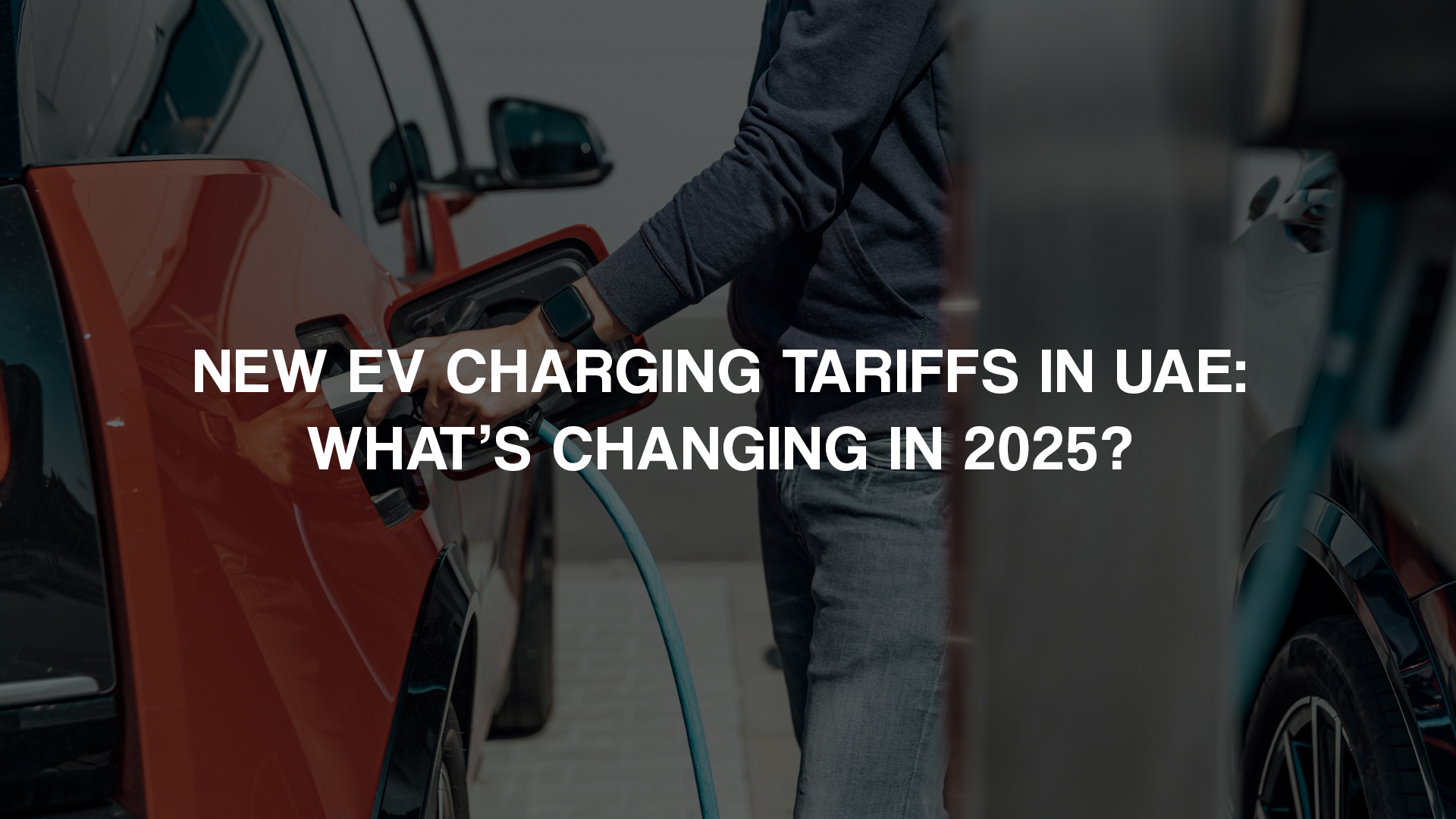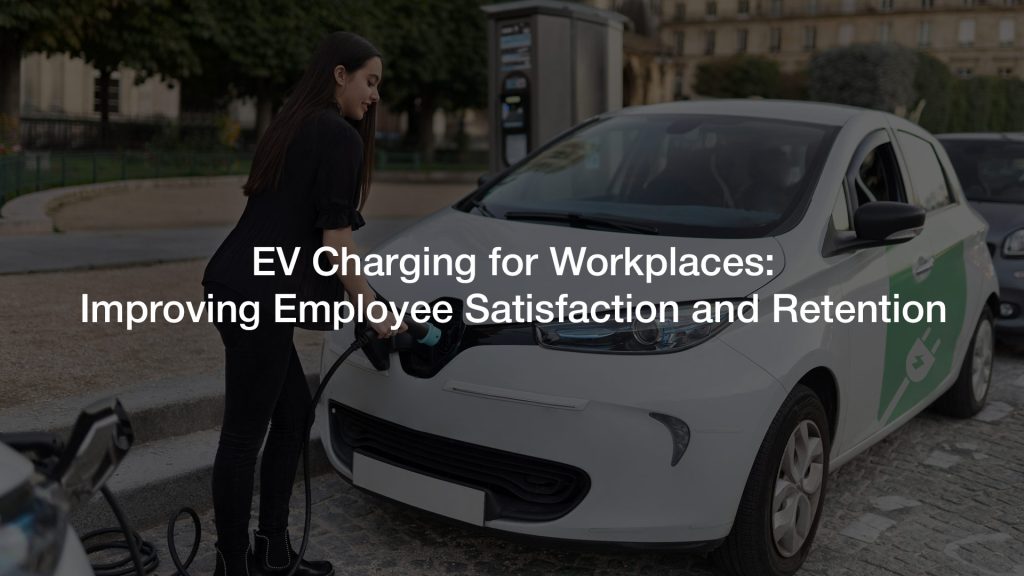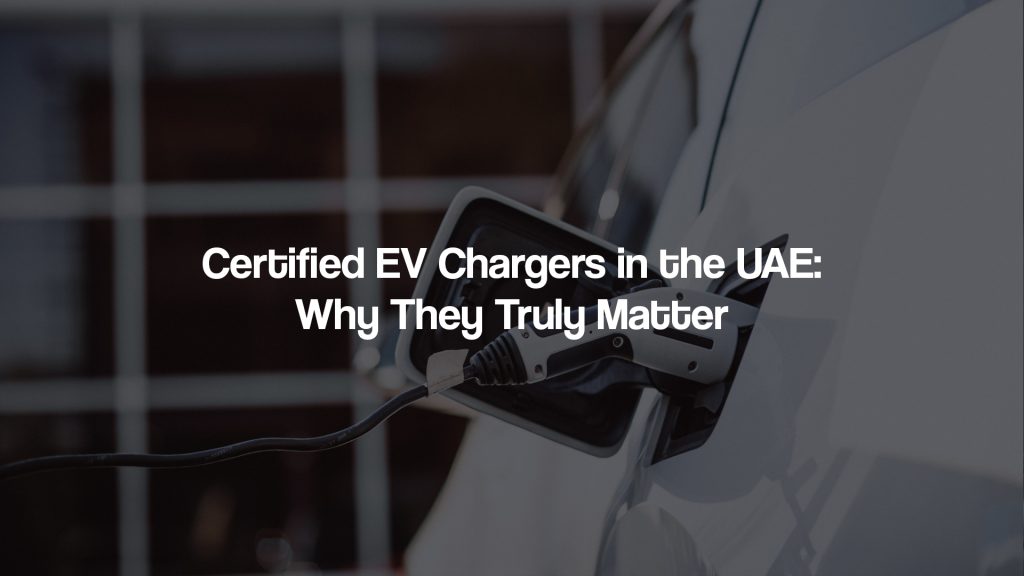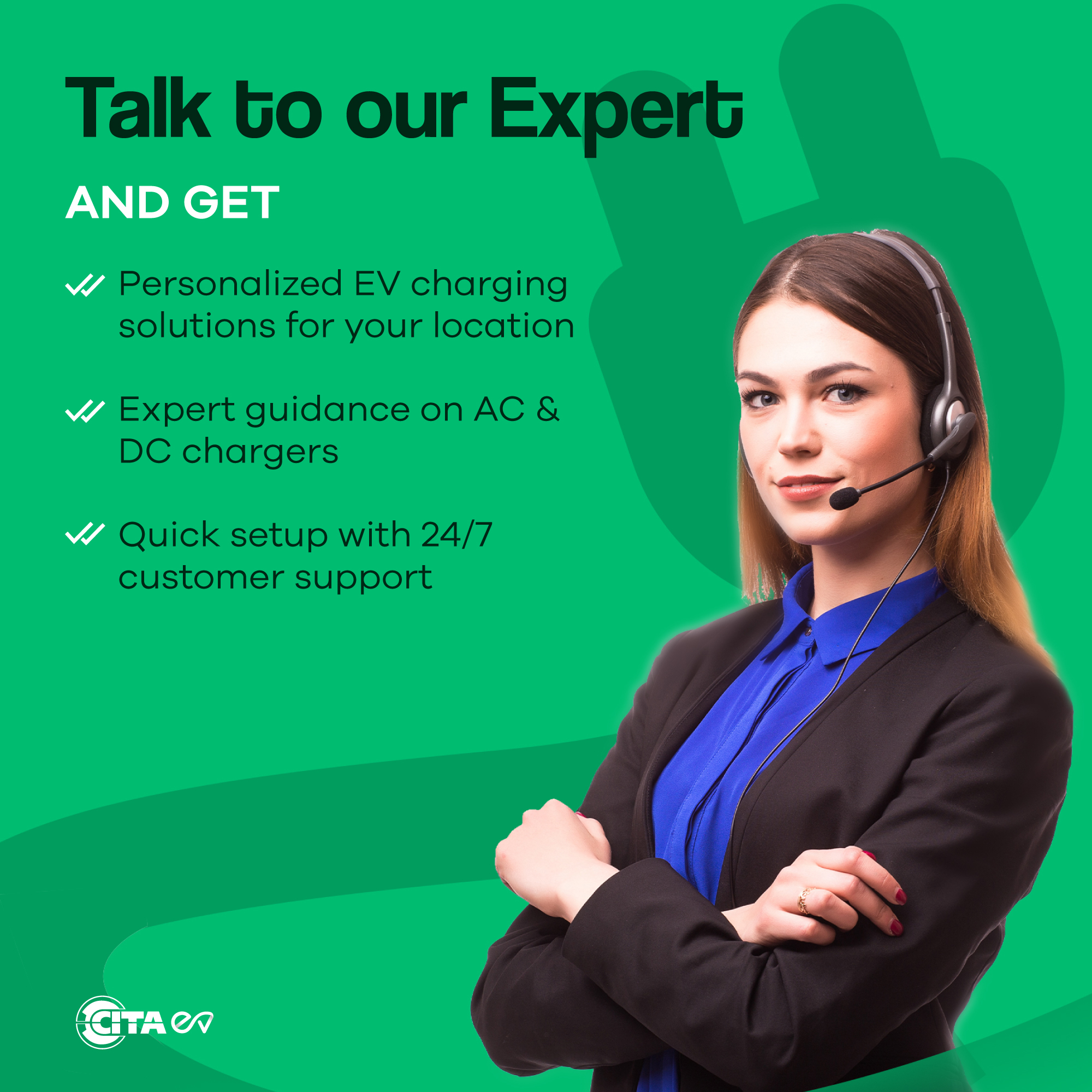Are you ready for the big shift in EV Charging Tariffs across the UAE starting January 1, 2025? The Dubai Electricity and Water Authority (DEWA) has confirmed updates to electricity pricing for electric vehicles, signaling a new phase in how residents, businesses, and fleet operators will be billed for ev charging.
With rising adoption of ev chargers at homes, malls, offices, and even in public transport hubs, these new tariff structures are set to redefine the economics of owning an ev charger in the UAE. The key takeaway?
Understanding these changes will help you stay ahead and save on costs.
Why the UAE is Updating EV Charging Tariffs in 2025

The UAE is one of the fastest-growing electric vehicle markets in the region, with thousands of new EVs hitting the roads each year. This rapid adoption puts added demand on the grid, making tariff adjustments necessary. By revising EV Charging Tariffs, DEWA and other authorities ensure efficient electricity use, support sustainability, and encourage smarter usage patterns.
The update also aligns with the UAE’s Smart Mobility Vision 2030, which aims to balance infrastructure growth with environmental goals. Whether you’re using a public transport ev charger for buses or a home ev charger for your personal car, the 2025 tariffs are designed to reflect fair usage while incentivizing clean mobility. For ev charger manufacturer companies, this signals an opportunity to innovate and deliver solutions that align with the new regulations.
Breakdown of the New EV Charging Tariffs
Previously, residents could access EV charging at around 29 fils/kWh at home and 38 fils/kWh in public charging stations. Under the 2025 EV Charging Tariffs, new segmented rates will apply:
- Home EV Chargers: Residential rates will remain affordable but will include seasonal adjustments to manage peak demand.
- Public Transport EV Chargers: Fleet and bus operators will benefit from slightly lower rates compared to private public charging to encourage sustainable mass transport.
- Commercial EV Chargers: Businesses installing AC EV Charger or DC EV Charger units in malls, hotels, and office spaces will pay higher rates but can offset costs through smart management and user-based billing.
This tiered pricing system will also influence choices between Fast EV Chargers, Super Fast EV Chargers, and Ultra Fast EV Chargers, as faster charging consumes more energy per session.
Impact on EV Owners and Businesses
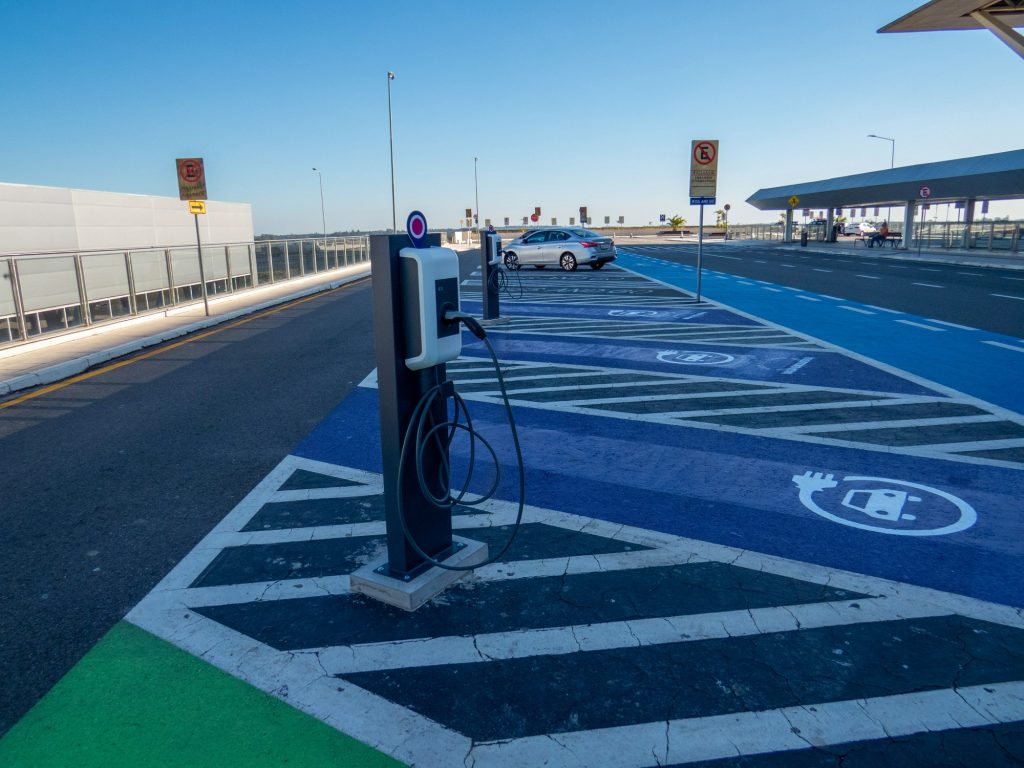
The new EV Charging Tariffs in the UAE will not only affect how much drivers pay per kilowatt-hour but also reshape how businesses and fleet operators plan their charging strategies. From individuals relying on a home ev charger to companies running large fleets on public transport ev charger networks, the impact will be wide-ranging.
Let’s break it down.
1) For Individual EV Owners
For everyday EV drivers, the new EV Charging Tariffs will slightly increase costs, especially for public station users.
However, those with home ev chargers will continue to benefit from lower residential tariffs. To maximize value, investing in a Certified EV Charger or Approved EV Charger ensures compliance with DEWA and ADQCC standards while delivering efficient charging
2) For Businesses and Fleet Operators
Hotels, malls, and office parks that provide ev charging services will need to rethink their pricing models. With higher tariffs, businesses will adopt smart ev charger systems that integrate billing and loyalty programs.
Fleet operators using public transport ev charger networks will enjoy reduced rates, making large-scale electrification more practical. Faster solutions such as Super Fast EV Chargers and Ultra Fast EV Chargers will be crucial for fleets that require quick turnaround times.
3) For EV Charger Infrastructure Growth
While costs may rise, the new structure pushes the industry towards smarter infrastructure. The growing reliance on ev chargers across UAE means ev charger manufacturer companies must focus on technology that adapts to variable tariffs.
This includes systems that can automatically select the cheapest charging times or optimize energy flow for fleets and individuals.
Technology’s Role in Managing EV Charging Tariffs
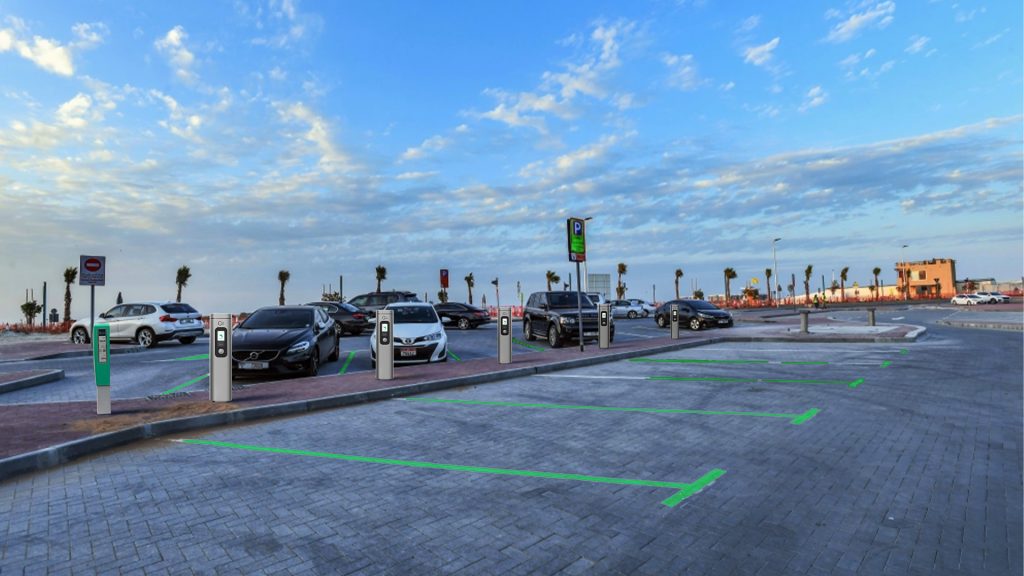
Technology plays a critical role in helping drivers and businesses adapt to the new EV Charging Tariffs.
Here’s how:
1) Smart Scheduling with Smart EV Chargers
Modern smart ev chargers give users the flexibility to schedule charging sessions when electricity is cheapest, often during off-peak hours late at night. This not only helps drivers save money but also reduces pressure on the national grid during peak demand.
Many systems now include mobile app integration, allowing EV owners to track their consumption in real time and automatically adjust charging to the most cost-effective windows.
2) Load Balancing for Businesses
For businesses managing multiple AC EV Chargers in parking areas or DC EV Chargers at public sites, energy management is essential. Load-balancing software ensures power is shared evenly across EV chargers, avoiding sudden spikes that can trigger extra costs under the new tariff structure.
By distributing demand intelligently, businesses can serve more customers simultaneously while keeping operational costs predictable and grid-friendly.
3) High-Demand Solutions
Busy zones such as airports, malls, and transport hubs require charging options that keep vehicles moving quickly. Fast EV Chargers and Super Fast EV Chargers meet this need by delivering high-capacity charging in minutes rather than hours.
However, these high-powered solutions consume significant energy per session, meaning they will fall under higher cost brackets in the 2025 tariff system. Despite this, their convenience makes them indispensable for fleets, taxis, and time-sensitive drivers.
4) Compliance and Safety
Every installation in the UAE must meet strict regulatory standards. Using a Certified EV Charger or Approved EV Charger ensures compatibility with DEWA and ADQCC requirements.
Compliance not only guarantees safe operations but also protects businesses and individuals from penalties or future upgrades if regulations tighten. Certified systems are also better equipped to integrate with evolving tariff models, making them a more reliable long-term investment.
Government Regulations and EV Charging Tariffs
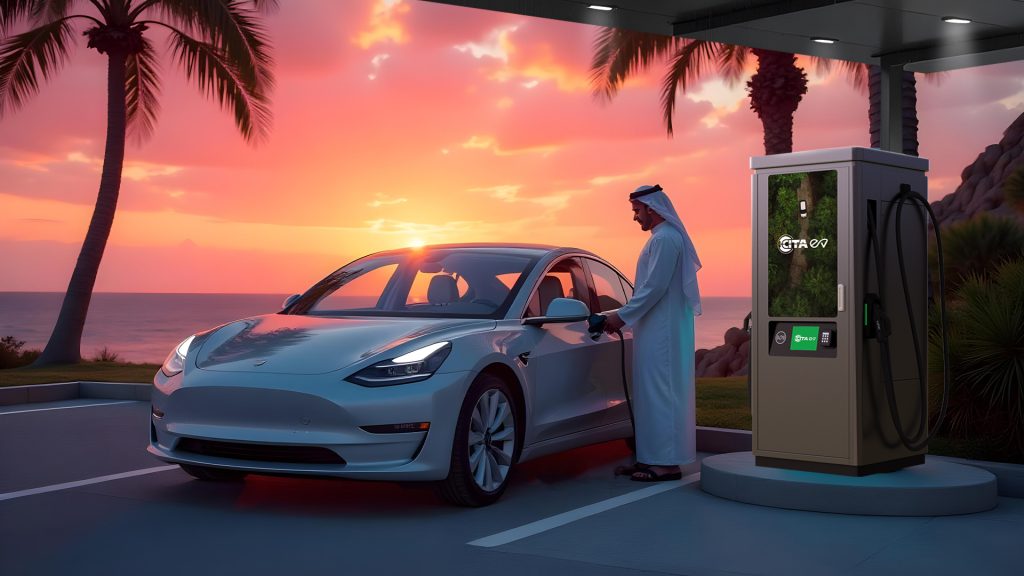
The UAE government is playing an active role in structuring the new EV Charging Tariffs. Both DEWA and ADQCC mandate that only an Approved EV Charger and Certified EV Charger units can be installed for public use. This ensures safety, grid stability, and fairness in pricing.
Special incentives are being rolled out for public transport ev charger installations, supporting fleet electrification in Dubai, Abu Dhabi, and other emirates. At the same time, home ev charger installations remain eligible for subsidies and smart grid support, encouraging individuals to install compliant ev chargers.
Future Outlook: EV Charging Tariffs Beyond 2025
Looking ahead, UAE is expected to experiment with dynamic tariffs, where costs vary depending on the time of day or renewable energy availability. This could mean cheaper charging during off-peak hours, incentivizing drivers to plug in their smart ev charger overnight.
Future infrastructure will likely expand the deployment of Super Fast EV Chargers and Ultra Fast EV Chargers at highways, airports, and major transport hubs. For ev charger manufacturer companies, this means developing scalable solutions – from ac ev charger systems for homes to dc ev charger networks for cities.
The long-term vision is clear: EV Charging Tariffs will evolve to reflect real-time demand, renewable energy integration, and technological advancements.
CITA EV Charger and UAE’s New Tariff Era
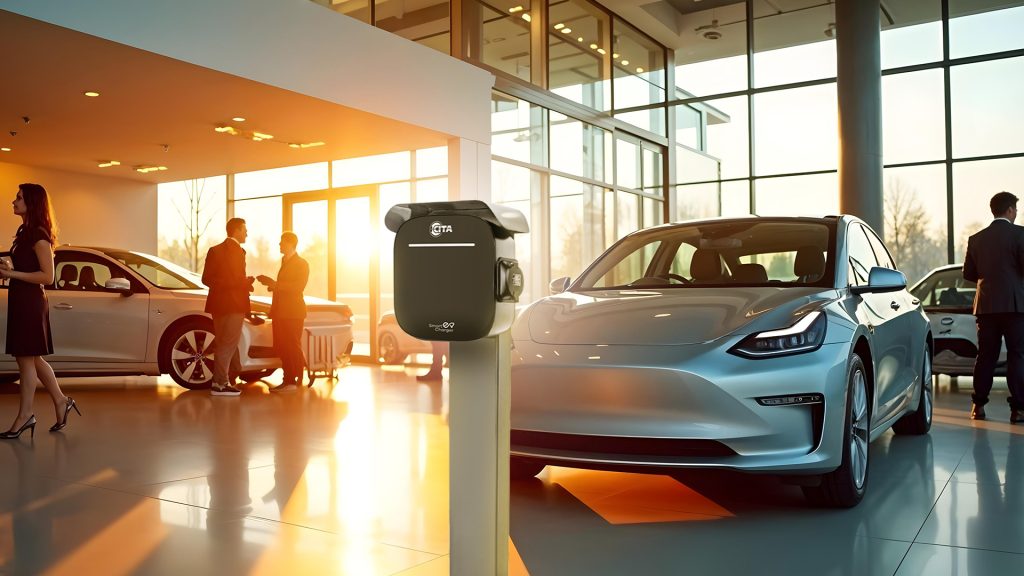
The 2025 updates to EV Charging Tariffs are a turning point for the UAE’s electric mobility journey. While costs will adjust, the changes aim to create a smarter, fairer, and more sustainable charging ecosystem. For EV owners, businesses, and fleet operators, this is the time to invest in efficient and compliant charging infrastructure.
This is where CITA EV Charger stands out. As a leading ev charger manufacturer in Dubai, CITA delivers Certified EV Charger solutions tested and approved by DEWA and ADQCC. From 7kW, 11kW, and 22kW AC EV Chargers, to 44kW Dual AC EV Chargers for multiple vehicles and 60–360kW Fast and Ultra Fast DC EV Chargers, CITA ensures reliable performance. Coupled with the CITA EV App and Charge Point Management System, users can optimize charging schedules, monitor costs, and stay aligned with new tariff rules.
With 35+ countries served, 1000+ customers, and a 4.8 rating, CITA’s promise is simple: future-ready charging that adapts to new EV Charging Tariffs while delivering value and convenience.
Take charge of the new tariff era with CITA EV Charger – your trusted partner for home, commercial, and public transport charging solutions.



